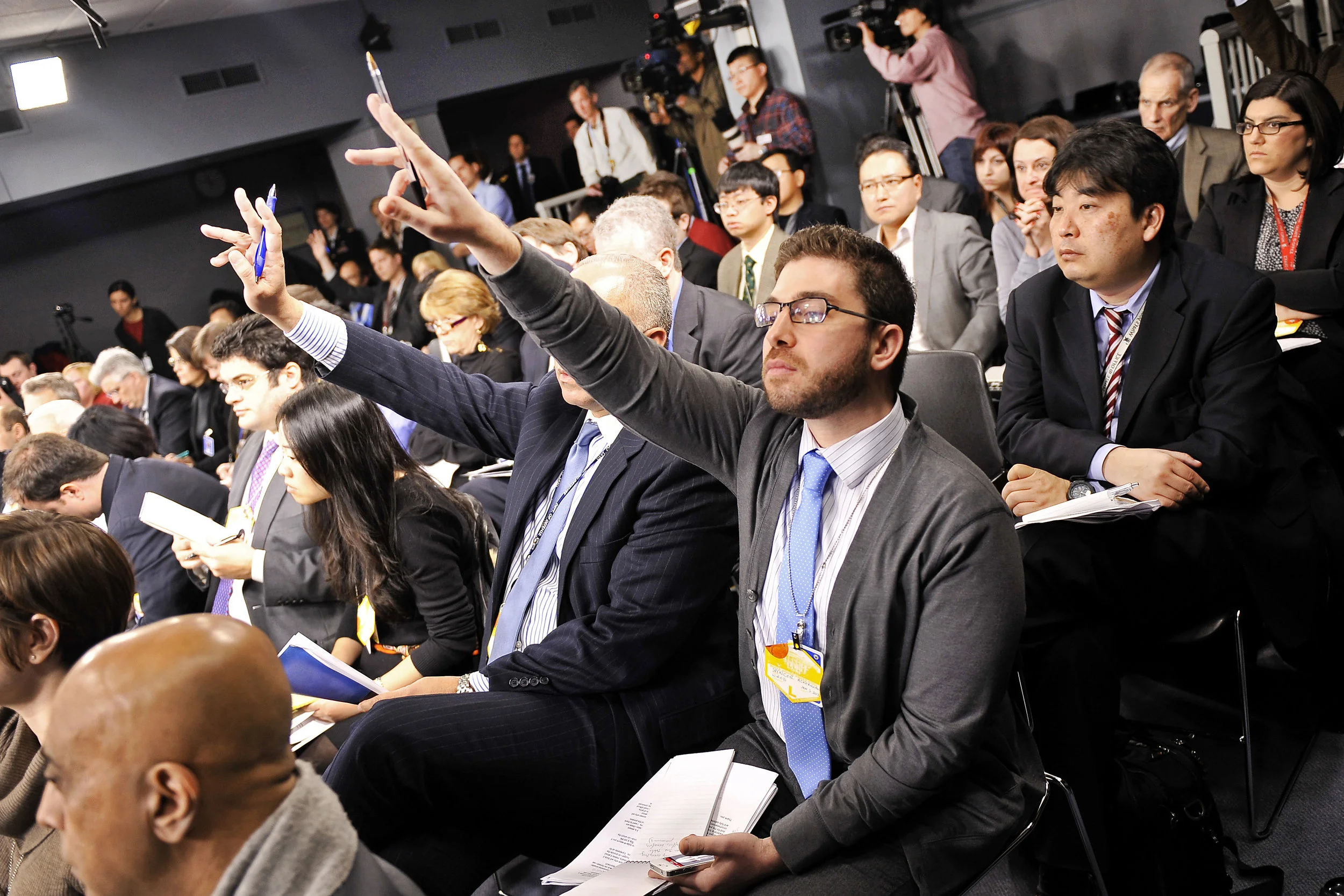FAQ
What's a primary?
In order for a Democratic or Republican candidate to be on the ballot for Congress this year, they typically have to win their party's primary election. The primaries for a state come months before election day in November and determine who gets to run as the 'Democrat', and who gets to run as the 'Republican' for Congress and other offices.
Different states run their primaries on different dates and with different rules. For more about the role primaries play check out Open Primaries.
What is Primary Action?
Primary Action is a movement of Americans working to reduce partisan division in Congress through select 2018 primary elections.
We aim to show that there's more support for moderation and cooperation than there is for partisan extremism, and that House Republicans in 'safe seats' are vulnerable to more than just the far-right.
How do you plan to accomplish that?
We've selected a small number of Congressional primary races in gerrymandered districts where there are more independently minded and bipartisan Republicans running. We're reaching out to voters of all political stripes in these districts to encourage them to vote for these candidates in the primaries. Our target races are in open primary states, where you can participate in either primary without being a registered party member.
Why the primaries?
Thanks to gerrymandering, the only election that really matters for most House seats is the primary election. (If you're not familiar with gerrymandering, this video is a good quick explanation.)
Primaries set the national political tone and agenda, but have the lowest turnout of voters, usually less than 10% of eligible voters vote in a midterm primary. Thanks to gerrymandering, the only real threat that most Republicans in Washington face is a primary challenge, and since 2009 the strongest challenges come from the far-right by the Tea Party. That's allowed the Tea Party to play an outsized role in driving the Republican Party further to the right by mobilizing just a few percent of the electorate in primary elections.
No matter how gerrymandered the district, all incumbents are vulnerable during their primary.
But you're only backing a few candidates... why would that make a difference?
The Tea Party doesn't run candidates in every Republican district, and yet most Republicans take the threat of a Tea Party challenge very seriously.
If candidates that we support can win or even come close in the primaries, then that's a big change of incentives for Republicans in Congress: It tells incumbents that they're going to be held accountable by more than just the far-right of their district. This can also set the stage for the 2020 elections, by showing more bipartisan and independent voices that running for office is more viable than they might have thought.
Who is Primary Action for?
Primary Action is for anyone concerned that political discourse is becoming too shrill and divisive. We're centrists, independents, Republicans, and Democrats working to restore bipartisanship in Washington.
Why just Republican primaries? Haven't the democrats been just as bad?
The Democrats are not blameless, however the Republicans have moved further and faster from the political center thanks to the hijacking of the primary process by conservative groups. The Pew Center has charted this over time as well, between Congress in the mid 90s vs. the 2010s.
If I vote in the Republican primary, do I have to vote for Republicans in the general election?
Nope. In the general election, you should cast your vote however you like, whether it's for the same candidate you voted for in the primary election, or a different one.
I was already planning on voting Democrat or for a third party in a primary targeted by Primary Action. Are you telling me to vote in the Republican primary instead?
That's up to you. If you already had a plan to vote in a primary other than the Republican one, then you should decide for yourself where you think your vote matters the most. We think the candidates we're focusing on are a big opportunity to make an impact, but making that call is ultimately up to you.
Why would I support Primary Action rather than just support these candidates directly?
If you want to support these candidates directly, that's great. If all we do is direct additional resources to these candidates, we'll be happy. We do think reaching out to non-traditional primary voters, and potential supporters outside of these races with a post-partisan message can be a value add. We're also deploying some approaches to voter outreach that we hope cover new ground for these candidates.
I don't live in a district targeted by Primary Action... Are there ways I can help?
Absolutely! Sign up to join the movement, and browse our candidate pages for ways to get involved. We'll also be looking for leaders to help with new outreach efforts in the coming weeks.
